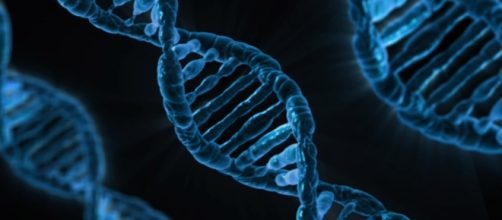Genetic diseases are common, especially concerning blood disorders. These diseases can be brought about by any mutation in the DNA of a person. The DNA dictates the overall phenotype and genotype of person and an abnormal change could result in disease or malformations. In a list by the National Human Genome Research Institute (NHGRI), some of the most common genetic disorders you probably heard of are;
- Autism
- Crohn's disease
- Down Syndrome
- Parkinson's disease
- Sickle cell disease
- Thalassemia
- Turner syndrome
These diseases are often hard to treat if they are treatable at all.
Thus, genetic research has tried to find ways in stopping these diseases in their tracks.
What is Thalassemia?
Thalassemia is an inherited blood disorder caused by a single mistake in the gene coding. This is also coined as point mutation wherein a single base is incorrect. According to MedlinePlus, the disease is characterized by abnormal hemoglobin production. The disease can have symptoms that range from none to severe. Anemia can often be observed among affected individuals wherein severe cases will give more pronounced symptoms like spleen enlargement, yellowish skin, and dark urine.
How DNA editing can help
Our DNA contains billions of base pairs that are coded as letters. They can be A, T, G, C which stand for adenine, cytosine, guanine, and thymine.
Any one mistake in the sequence of these bases could affect the genetic make-up of a person or cause disease. Recently, a team from the Sun Yat-sen University in China performed base editing of lab-made embryos with Thalassemia. The experiments were performed on tissues taken from a person with Thalassemia and on embryos that were made by cloning procedures.
According to BBC, the team says the approach may one day treat a range of inherited diseases. Junjiu Huang, one of the Researchers, working on the project told BBC in an interview that they are the first to demonstrate that genetic diseases can indeed be corrected using the base editor system. With this, they hope they provide a kickstart in treating other genetic diseases and prevent individuals to be born with the disease.
Prof David Liu from Harvard pioneered base editing and described it as a;"chemical surgery." However, Prof Lovell-Badge said that these approaches might not be used in real life scenarios any time soon. This is partly because using Human Embryos is considered socially and morally unethical to some countries.


